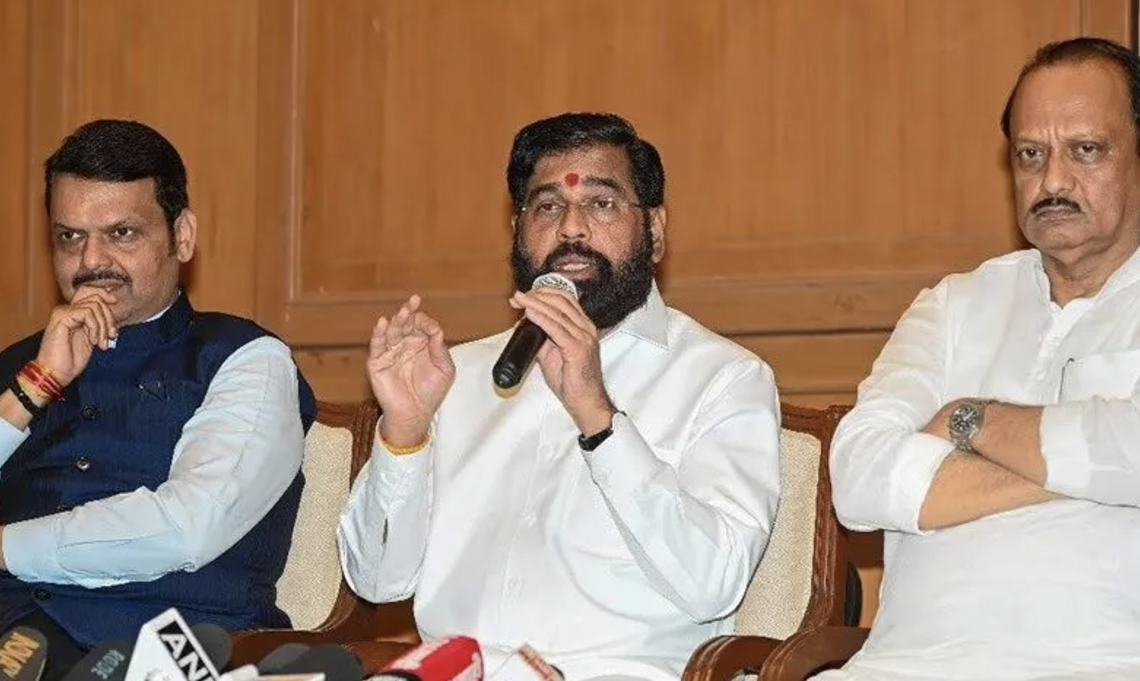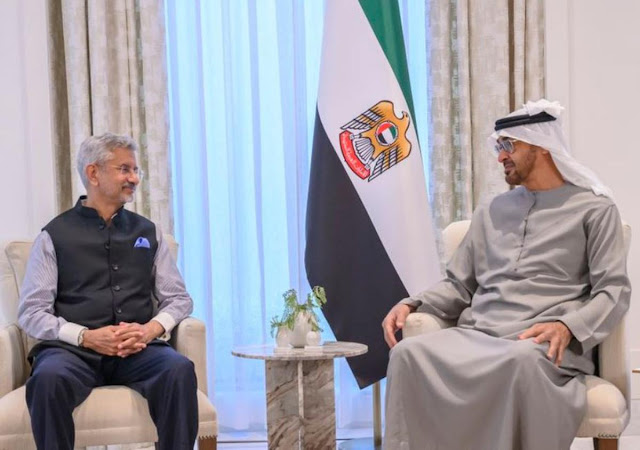The UAE: A Global Hub for Future Industries

The UAE is emerging as a global leader in future industries, driven by visionary government initiatives, a strategic location, and a business-friendly environment. Programs like "Make it in the Emirates" and the National ICV Program have enhanced industrial competitiveness, while Operation 300bn aims to triple the sector's GDP contribution by 2031. Abu Dhabi’s strategy to double manufacturing further underscores the UAE’s commitment to industrial growth. Key sectors such as food and beverages, pharmaceuticals, electronics, and low-carbon technologies like solar PV manufacturing are prioritized for investment. Thriving hubs like DMCC, Jebel Ali Free Zone, and KEZAD, combined with streamlined procedures and tax benefits, make the UAE an attractive destination for foreign investors. The country’s strategic position as a gateway to GCC and MENA markets, along with its resilience and robust trade ties, offers businesses unmatched opportunities. Targeting $150 billion in FDI...








.jpg)
.jpg)












